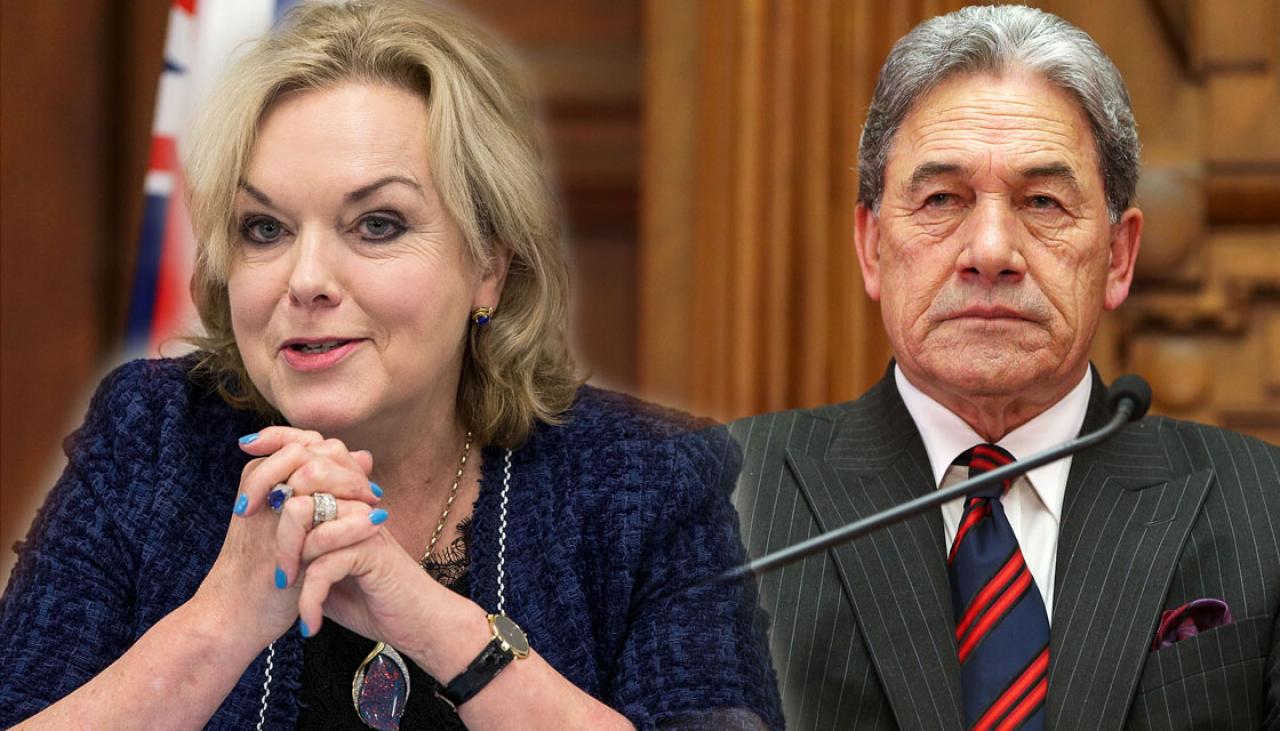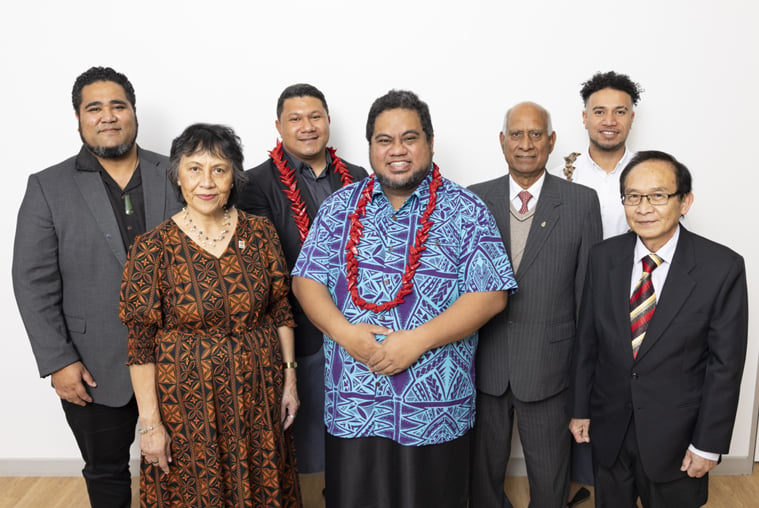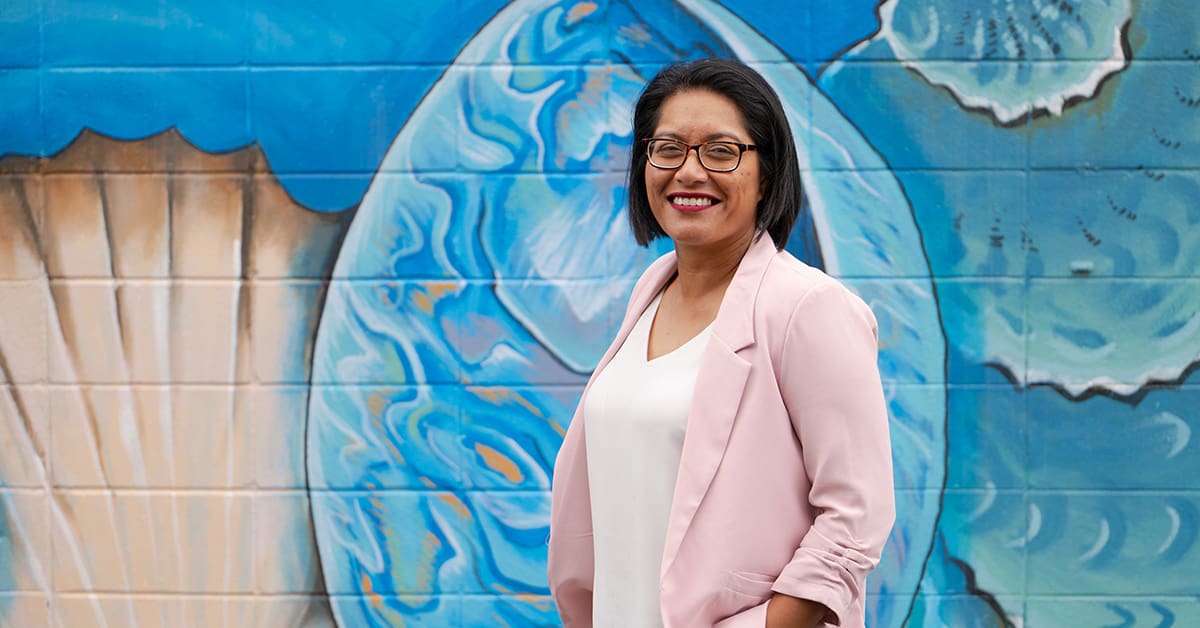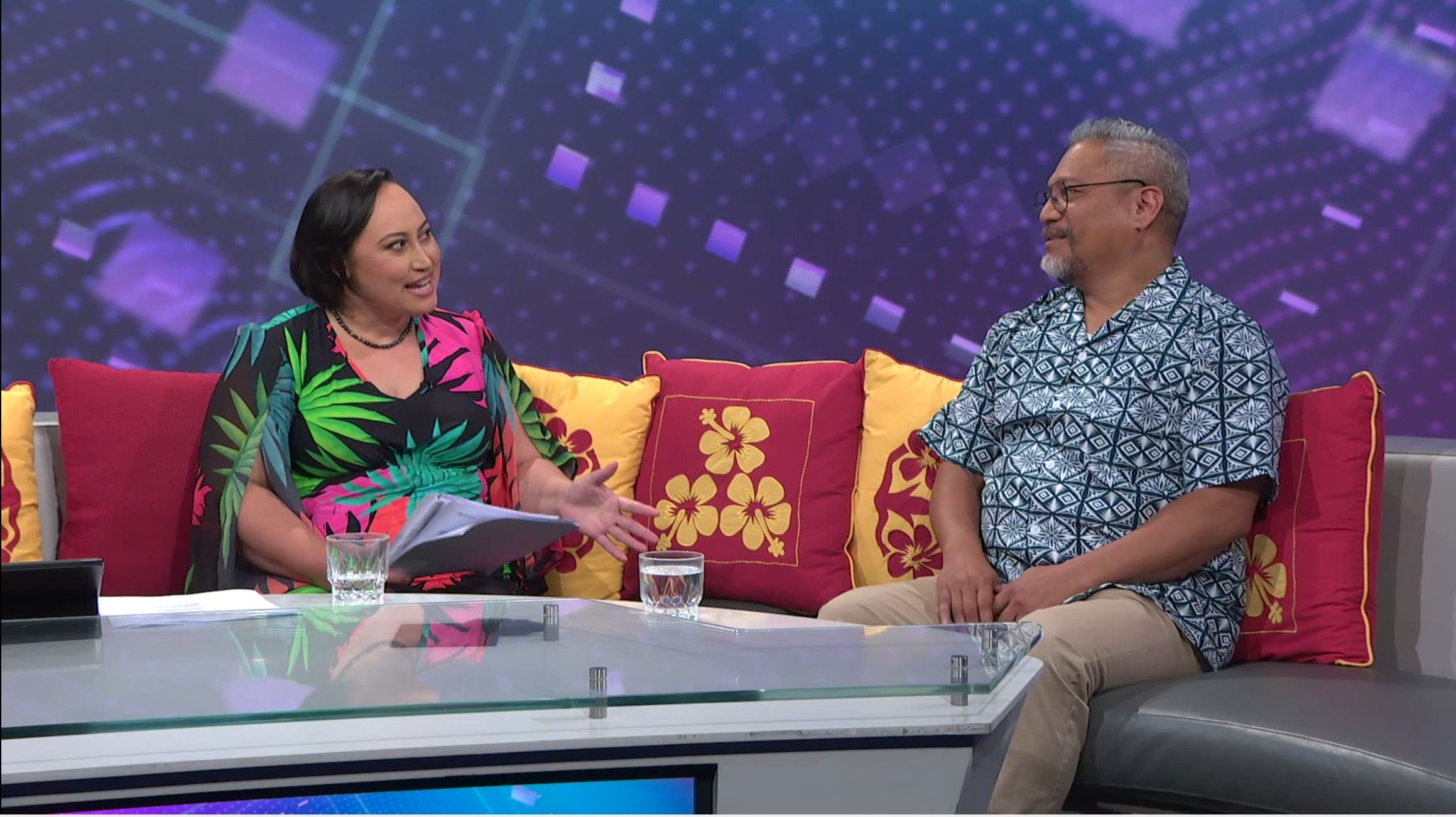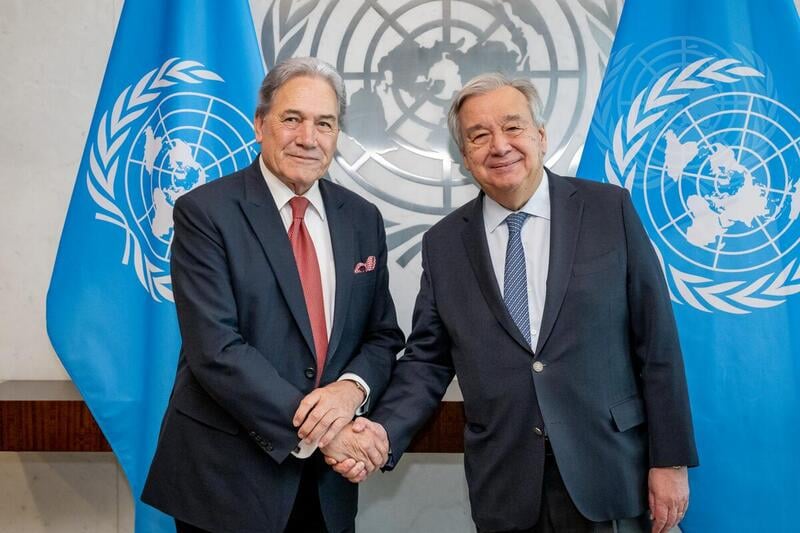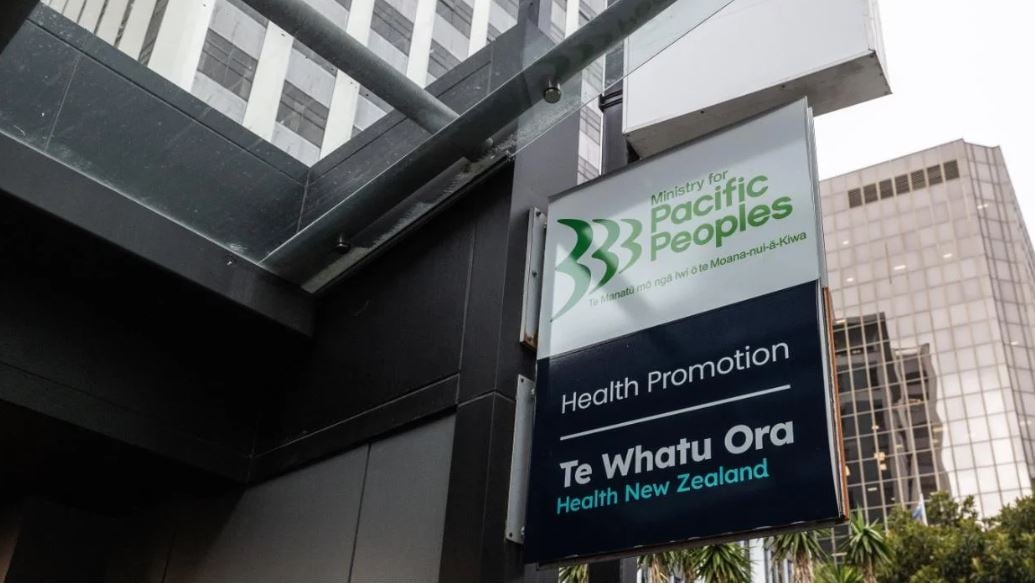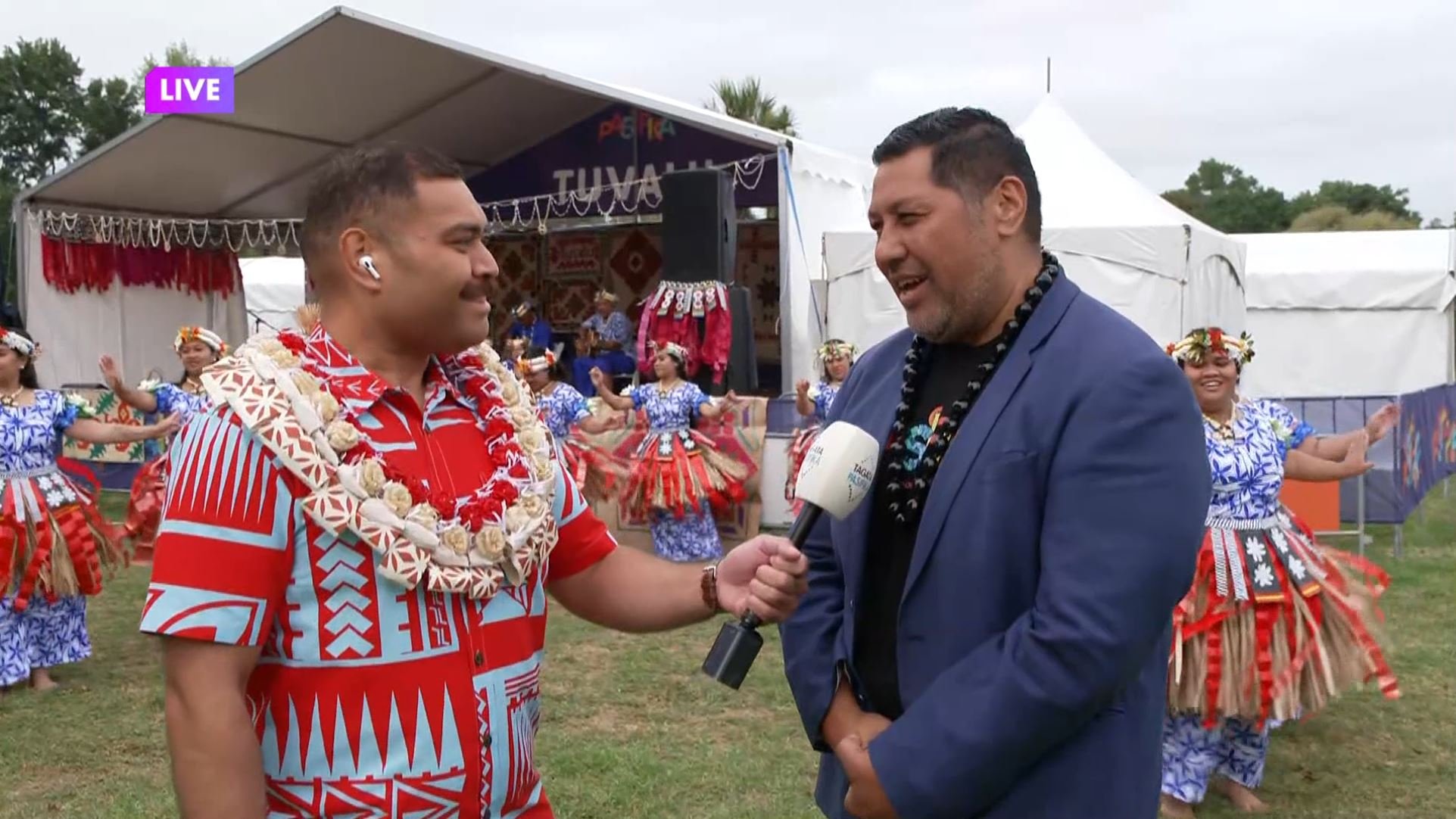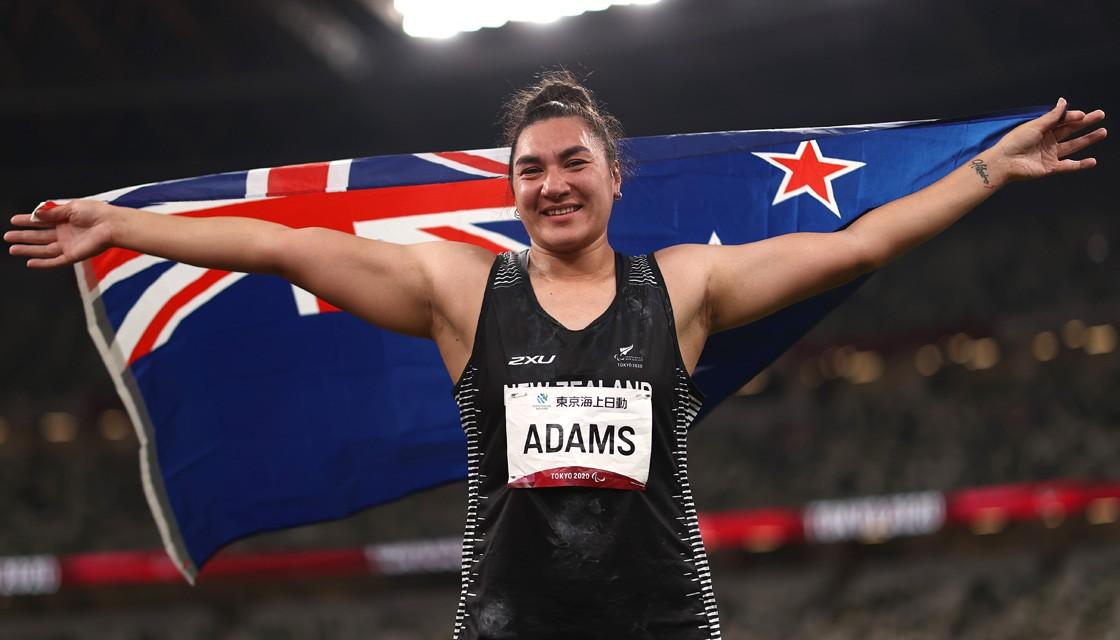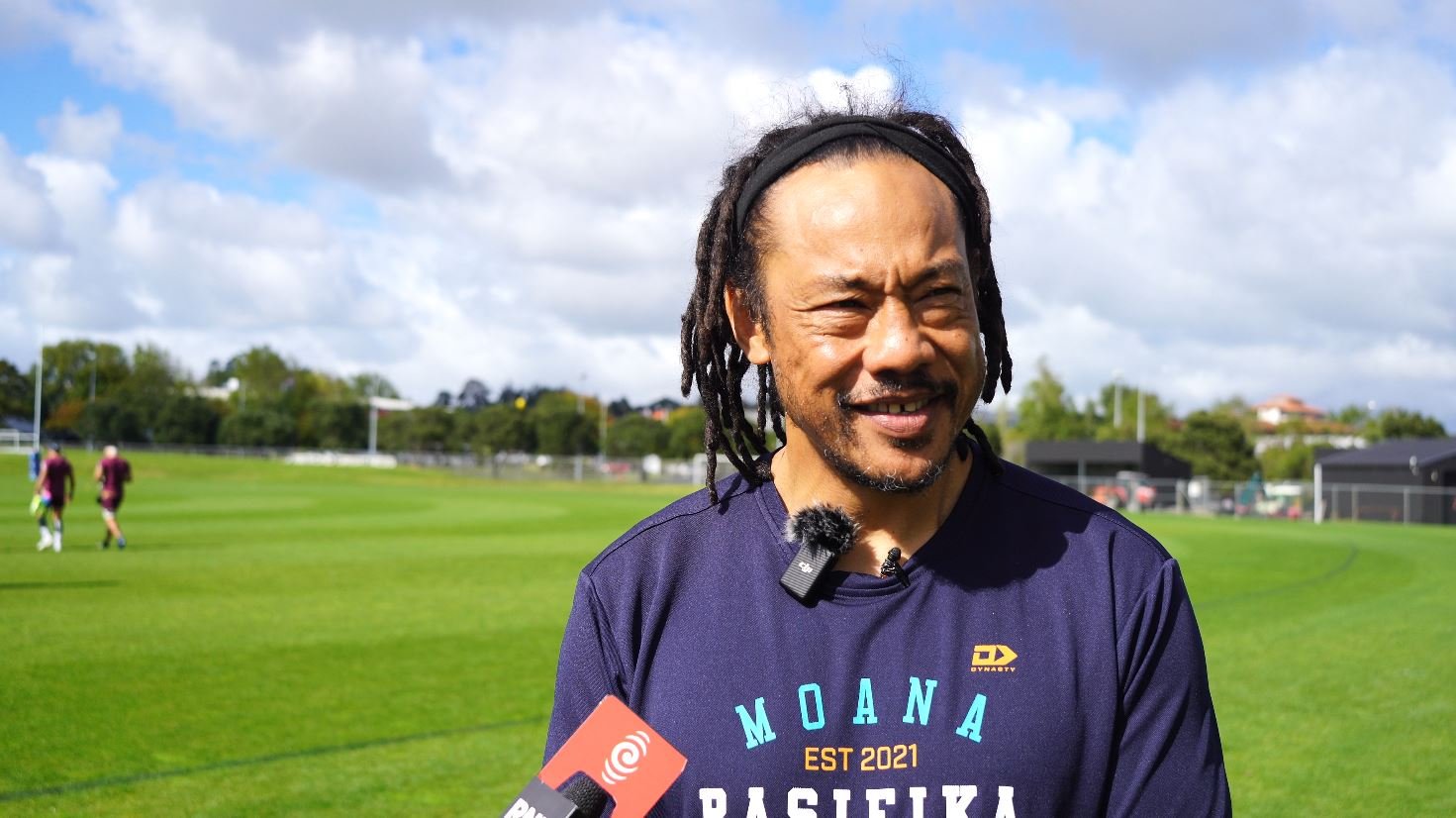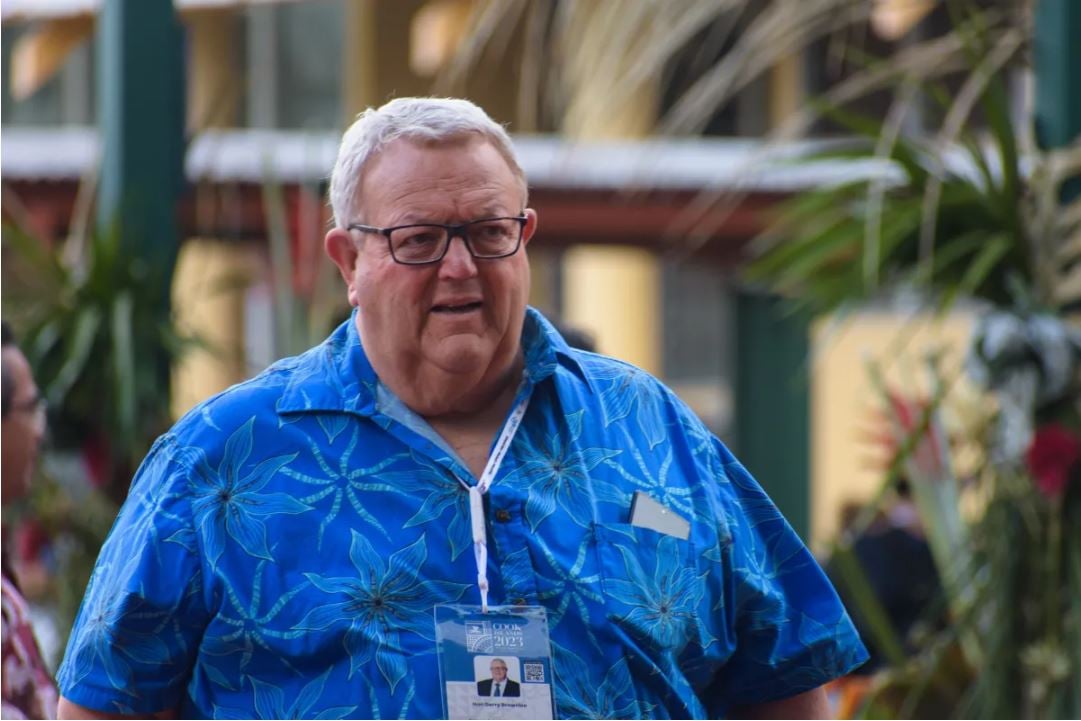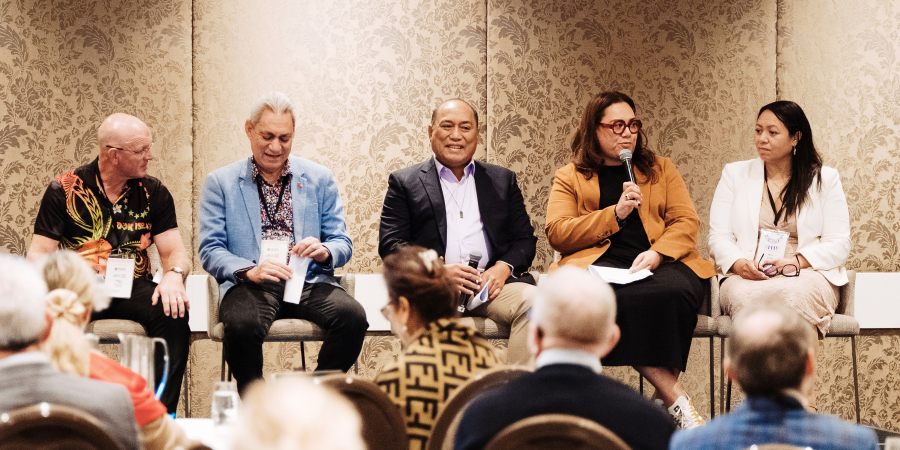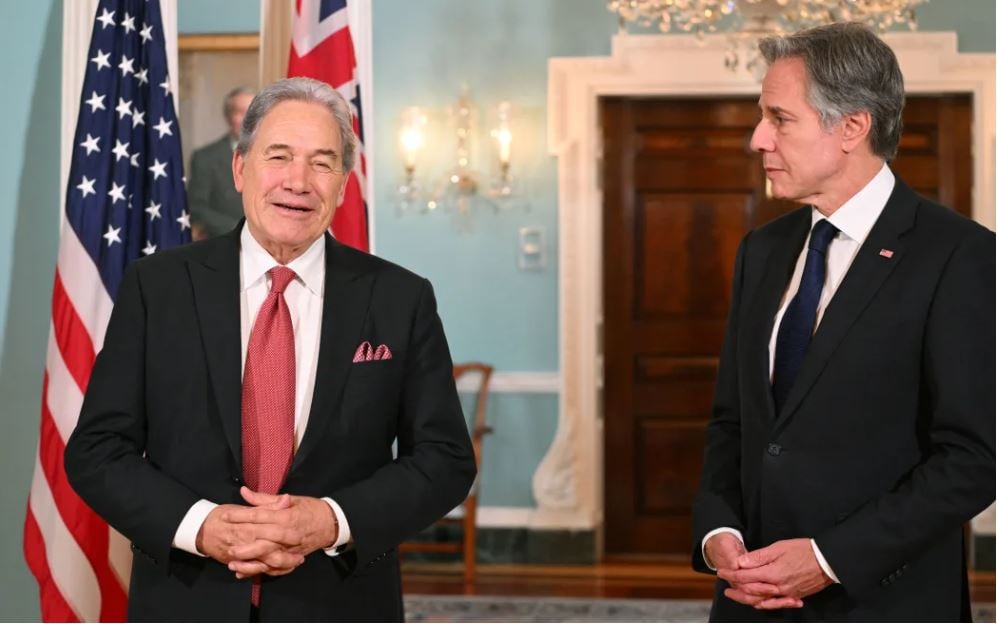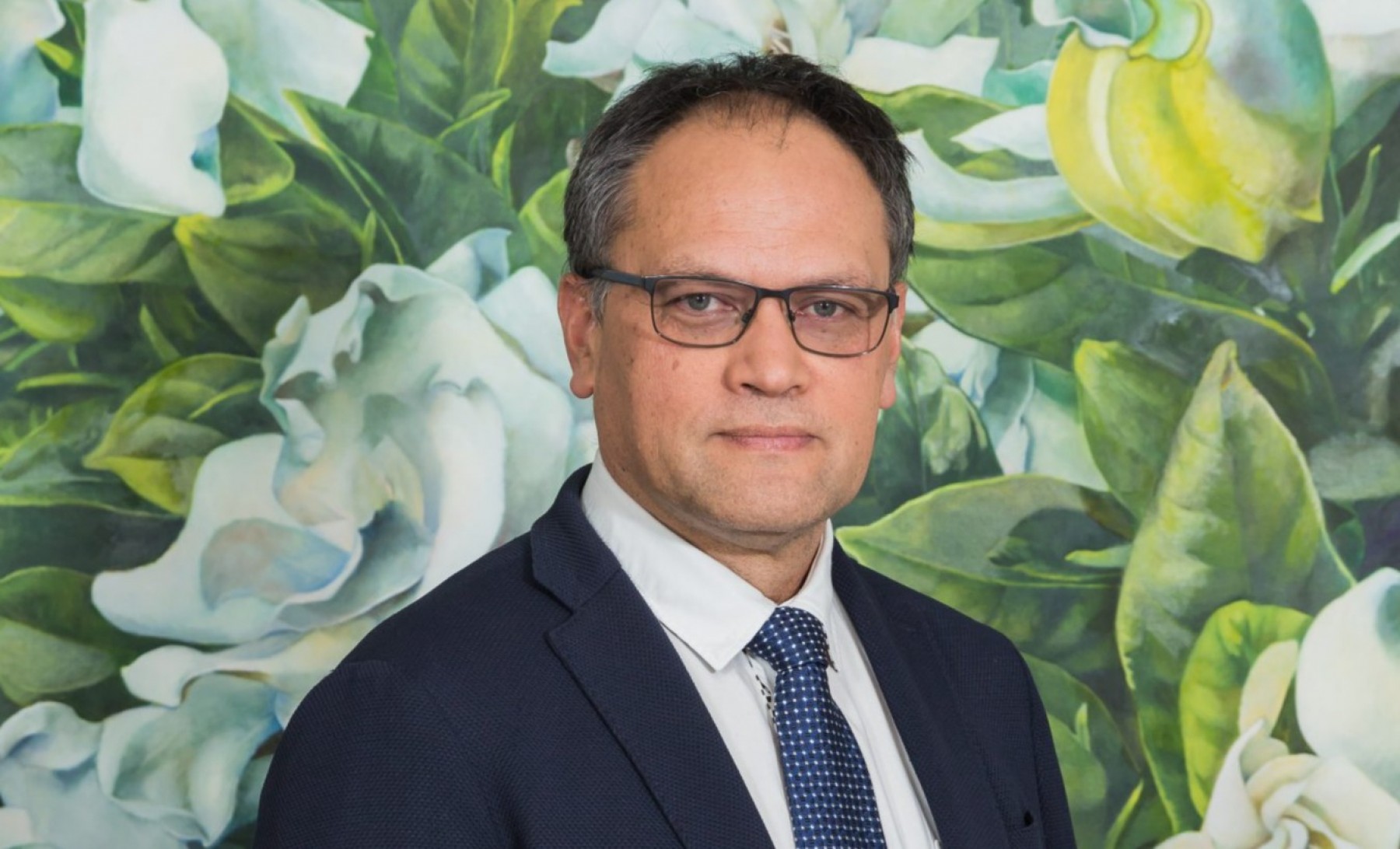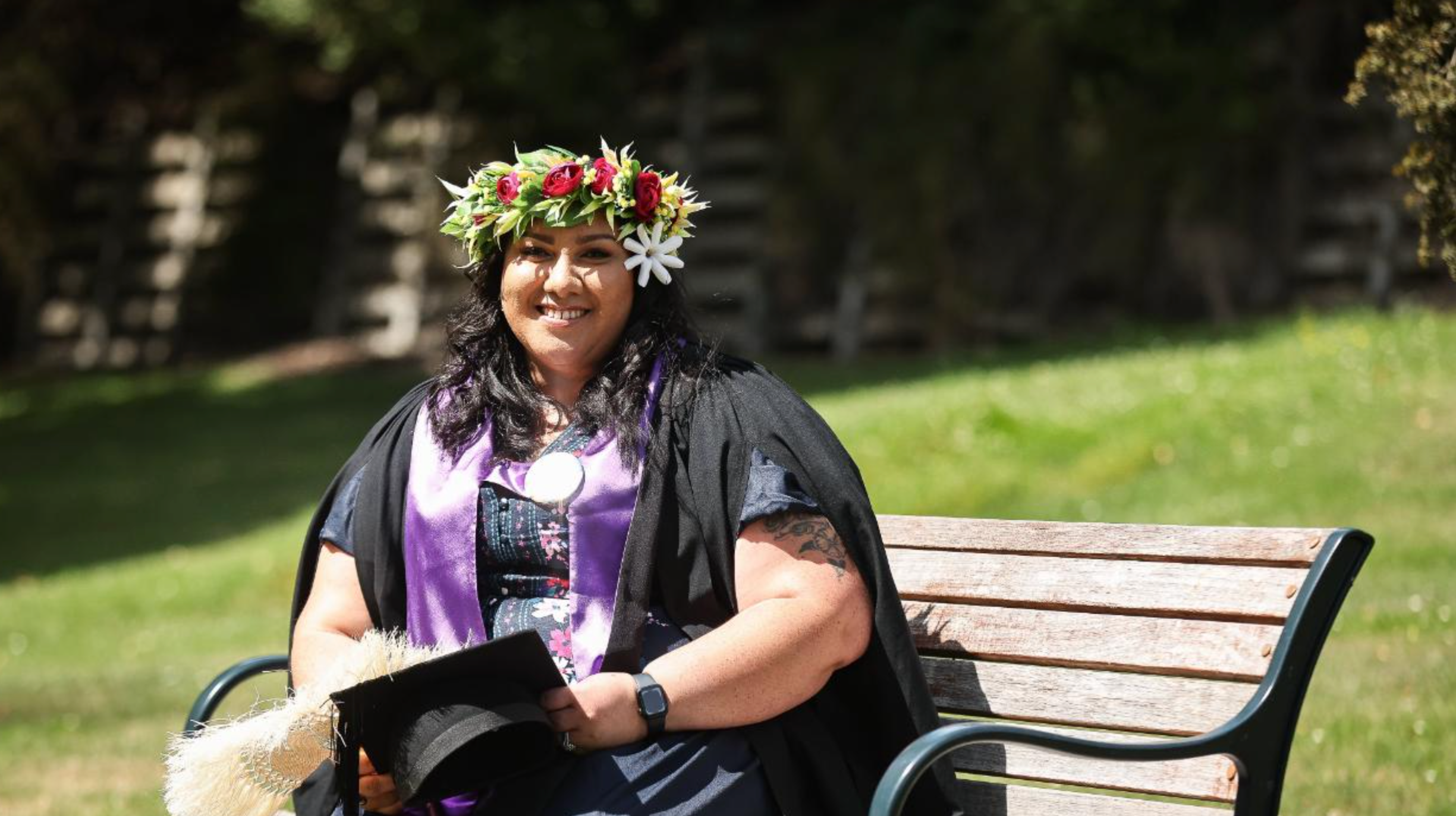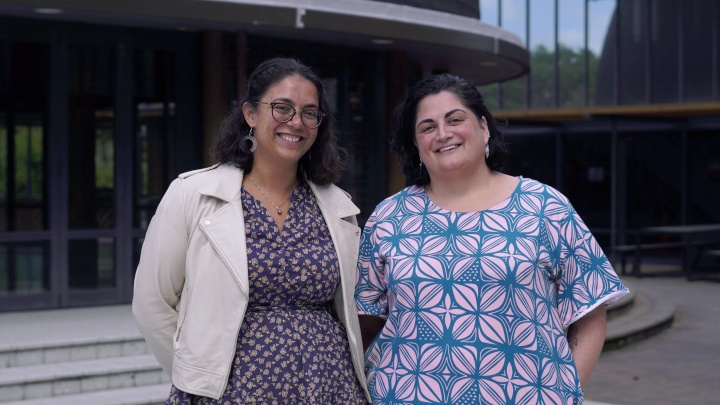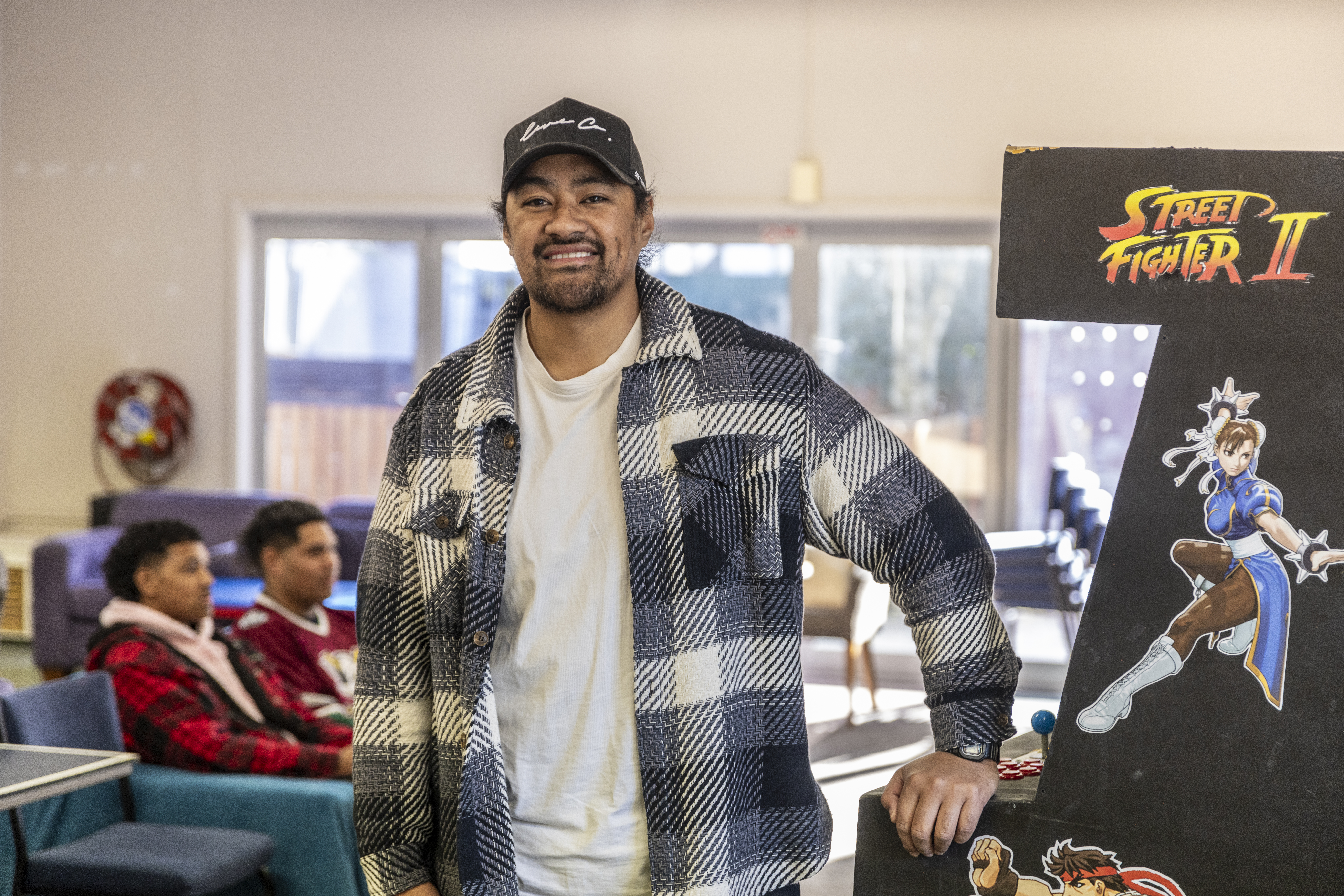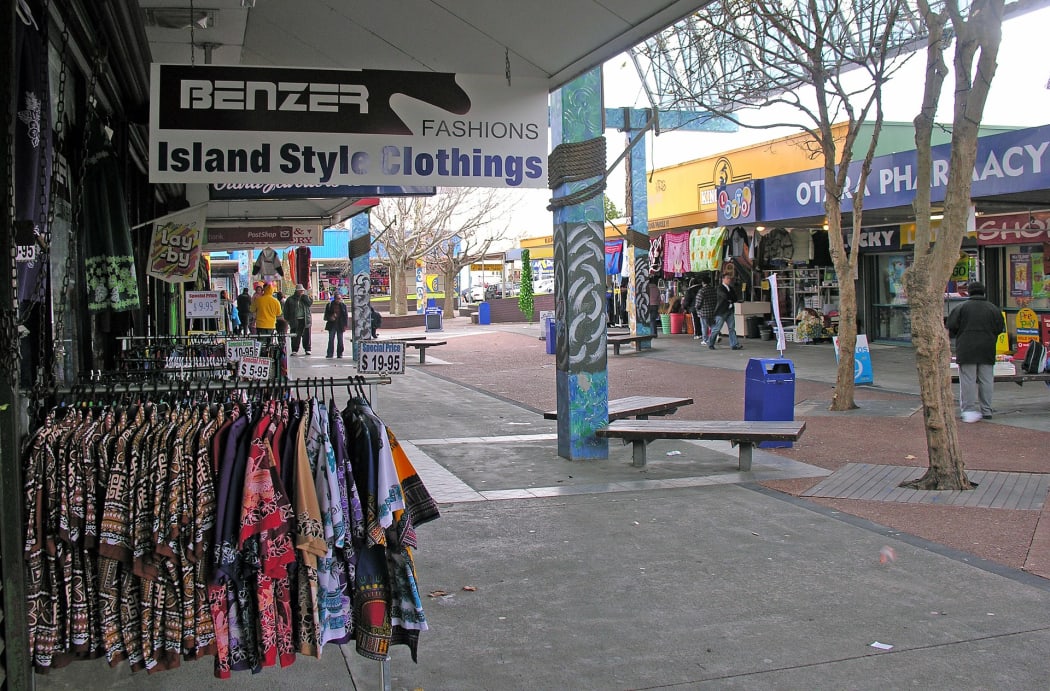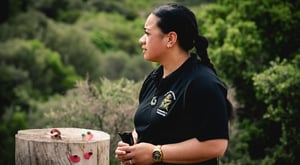As part of Auckland mayor Phil Goff’s proposed Climate Action Package, more frequent bus services will be rolled out around the city, including to Ihumātao, which has been largely cut off from public transport since the supercity began.
With news that a bus service could soon be coming to the isolated South Auckland community of Ihumātao, locals say it’s about time – but they aren’t looking forward to the potential for airport-bound commuters.
Ihumātao resident Cathy King currently drove her daughter to school, then parked her car and caught a bus into the city for her studies. She said having public transport would make a big difference to her life but she was also worried about what impact it would have on her idyllic rural community.
“On one hand, it’d be great, as it takes half an hour to walk to the nearest bus stop,” she said. “It’s really costly running a car now with petrol being so high and I also support it for environmental reasons.”
Ihumātao was a small seaside settlement on the outskirts of Māngere, bordered by farmland and the Ōruarangi awa. It was made up of fewer than a hundred homes, a marae and a kōhanga reo, and was considered one of Auckland’s oldest settlements, with archaeological evidence showing that Māori had lived there continuously for around 1,000 years.
Land in the area was to be developed into a large-scale housing development, despite ongoing opposition. The issue rose to national attention after campaigners for the mana whenua-led Protect Ihumātao movement began occupying the site in 2014. In 2020, the government bought the land from Fletcher Building for $29.9 million, following negotiations with iwi. At the height of this campaign, a kaitiaki village was established along with road blocks at the corner of Ōruarangi Road and Ihumātao Quarry Road. One route option for the proposed bus service was to remove the roadblocks so buses could continue on towards the airport, rather than doing a u-turn in the settlement, once again opening up the area as a short-cut for commuters.
Prior to the campaign, airport-bound commuters and truck drivers would speed through the area trying to avoid traffic jams along state highway 20A, and King said this made the road particularly dangerous for families trying to cross the road.
“It’s a double-edged sword, as before the road was blocked, this road was so busy every day before 8am and just after 5pm,” King said.
Kowhai Olsen was the kaitiaki/resource management officer for Ihumātao’s Makaurau Marae Maori Trust (soon to be Te Ahiwaru Trust), which worked on behalf of local iwi in the area. She said the bus announcement was being cautiously welcomed by the community.
“The iwi of Makaurau Marae [Te Ahiwaru] have long awaited roading and transport provisions that consider the needs of our residents,” she said.
“Are we happy? Of course. Public transport offers independence to our people, relieves pressures from families sharing one vehicle, gives some independence for our elderly and, probably more importantly, opens up access to new educational and career pathways for the next generation.”
But she reiterated that protecting the identity of her community was paramount and that meant Auckland Transport would need to be receptive to their wider concerns.
“We need to see speed reduction, pedestrian crossing safety, before everything else.”
A spokesperson for Auckland Transport confirmed the bus service would be established within the next two years, dependent on funding and “the necessary infrastructure being in place”.
“We will consider the road blockade closer to the date,” they said.
Bus services key to fighting climate change
The announcement was part of Auckland mayor Phil Goff’s proposed Climate Action Package, which opened for consultation late last month. The $1 billion package would fund 10 new frequent bus routes, make 69 existing routes more frequent and purchase an additional 79 electric or hydrogen buses.
Goff said what council was proposing would help reduce carbon emissions by encouraging more people to use public transport, and create greener, healthier neighbourhoods.
“If we are going to meet our goal to reduce carbon emissions, we need to provide more frequent and accessible public transport so Aucklanders aren’t forced to rely on private cars to get around,” he said.
Manukau Ward councillor and Auckland mayoral candidate Fa’anana Efeso Collins said this investment would “shift the dial on our climate change response”.
“Providing better bus services in South Auckland will help reduce historical inequalities in the area, which has previously been underserved by public transport. This investment is critical if Auckland is to become a greener and more sustainable city.”
For Kowhai Olsen, regardless of what happened, her community would staunchly protect its identity and its right to speak up.
“We’re here, have always been and won’t be going anywhere any time soon.”



